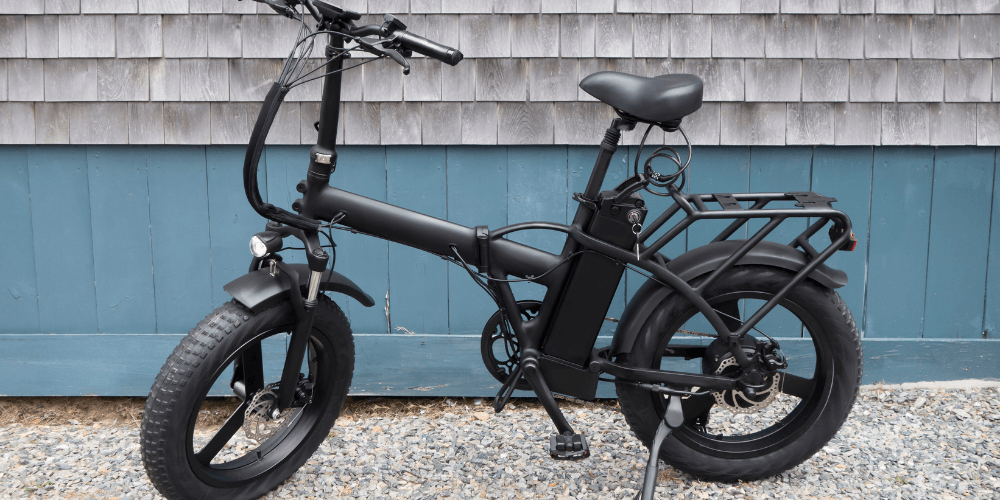The cost savings on gasoline and maintenance are among the most evident financial advantages of e-bikes. Rechargeable batteries power e-bikes, so they don’t require petrol or oil changes. E-bikes also cost less to maintain than standard bicycles or automobiles, which results in further cost savings.
Additionally, e-bikes can reduce the cost of transportation. E-bikes eliminate the need to worry about automobile ownership fees including parking, insurance, and other related charges. Additionally, e-bikes are a terrific alternative for those who live in cities where owning a car is not required yet public transit is frequently pricey.
E-bikes provide economic advantages in addition to being environmentally beneficial. Since e-bikes emit no pollutants, there is no longer a need for expensive emissions-reduction technology. E-bikes are also a more economical mode of transportation, resulting in less traffic congestion and infrastructure expenses.
The Cost of Ownership
The cost of ownership is one of the electric bike’s most evident financial advantages. E-bikes cost far less to buy and maintain than conventional gasoline-powered cars. E-bikes also require relatively minimal maintenance; the majority of manufacturers just advise a tune-up once a year.
You might save spending hundreds of dollars a year on upkeep and repairs. If you’re interested in exploring e-bikes, be sure to read more on the topic.
Fuel Savings
The gasoline savings with e-bikes is another economical advantage. Regular fill-ups at the gas station are necessary for conventional gasoline-powered automobiles, and the cost may build up rapidly. The batteries that power e-bikes, on the other hand, may be recharged at home or at a public charging station. E-bikes are far more cost-effective than gasoline since the cost of recharging the battery may be as low as a few cents for each charge. E-bikes also often have a significantly greater range than conventional bicycles, allowing you to go further between recharges.
Potential for reduced car ownership
The use of automobiles may decline as a result of owning an electric bike. Electric bikes may be utilized as the major form of transportation for short excursions since they are more affordable and environmentally benign, which eliminates the need to purchase and maintain a car.
Cost comparison with classic bicycles and vehicles
Although they might be substantially less expensive than owning and maintaining a car, electric bikes are frequently more expensive than conventional bicycles. Additionally, the long-term savings on gasoline and maintenance expenses may eventually make an electric bike a more economical choice.
Reduced Carbon Emissions
E-bikes not only provide economic advantages but also significantly improve the environment. Traditional gasoline-powered cars are a significant source of the greenhouse gases that cause climate change. E-bikes, on the other hand, have zero emissions, which makes them a far more environmentally friendly choice. You may lessen your carbon footprint and assist the environment by converting to an e-bike.
Bonus Read
In conclusion, electric bikes provide a practical and sustainable substitute for conventional gasoline-powered vehicles. They not only cost less to operate in terms of fuel and upkeep, but they also have government incentives and emit no pollutants. Switching to an e-bike may be a wise financial move and a step towards a cleaner future with the growing awareness of environmental repercussions and the drive towards sustainable mobility.
Making the conversion to an e-bike might be a wise financial decision with long-term advantages. E-bikes are an economical choice for commuters because of government subsidies and tax cuts, as well as savings on fuel, maintenance, and transportation. E-bikes’ advantages for the environment and your health can also save you money over the long run in other aspects of your life.

